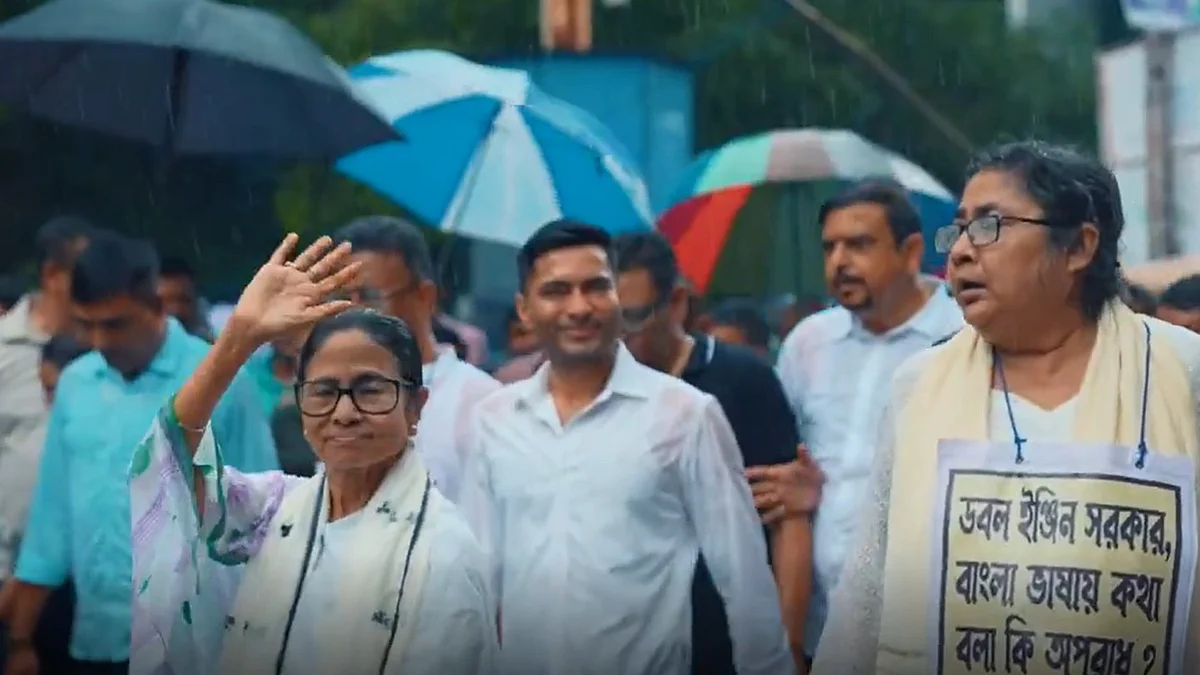Sport in the time of COVID-19 is a no-no. Fear looms large as every country on the planet comes to terms with the coronavirus scourge that is playing havoc with the human race.
With life coming to a standstill, sport has obviously been pushed way down in the priority list. Even three weeks back, the situation didn’t look as grim. In fact, several events across multiple disciplines were being held in different parts of the world, and drawing big crowds too.
The virus, it may be recalled, had originated in Wuhan, travelled through several other parts in China, and then crossed the country’s borders, eventually exploding into a pandemic that was to envelope the entire globe. Except a few experts on such issues, nobody thought the virus would spiral out of control so rapidly and cause so many deaths. Once fatalities started rising exponentially, and not restricted by country, race, colour, class or caste, the world went into a paranoid tailspin.
Organisers of sports events and tournaments were busy finalising deals and itineraries to make this year among the most significant and rewarding in history (remember, this is the year of the Olympics) were among those caught on the wrong foot.
The absence of visible evidence – in hindsight, also a state of denial initially – that the disease would conquer the world, as it were, within a few weeks offered no reason for sports administrators and organisers to rethink and reschedule events.
In the second week of March, I was in Melbourne for the ICC Women’s T20 World Cup final where India clashed with Australia. The event, played on International Women’s Day was heavily promoted, and almost drew a capacity crowd into the MCG. The stated aim was to break the earlier record for a women’s final (90k in a football final in Brazil), and this got a great deal of traction worldwide. Eventually, the T20 cricket final fell short by around 5000 people, but there was a reason for it.
“We would have got the record, but apprehensions about the Corona virus has kept some people holding tickets away, for the demand was heavy,” an MCG official told me at the ground. He was probably right, because there were many – including among the staff in the hotel where we were staying – keen to see the final. “Given a choice, I would rather be at the match than here,” a young lady told me as I was leaving for the ground.
Nevertheless, getting 86000-plus fans into the MCG was a fantastic achievement. And the mood was both electric and festive. The notable thing was that the stands were filled with families, a huge number of fans being children.
I am dwelling on this in some detail to highlight that while there was already wide debate and discussion about COVID-19, not many people saw it as the big threat it was to become within a day or two of the final Women’s T20 final.
At that point in time, major sports events were being staged in different parts of the world and even more were on the anvil viz the Melbourne Grand Prix, Australia versus New Zealand ODIs, the All England Badminton etc, apart from many qualifying events for the 2020 Tokyo Olympics. And the Indian Premier League, of course.
The alert by the World Health Organisation (WHO) declaring COVID-19 as a pandemic,, which came barely a day after the Women’s T20 final, brought leaders all over the world out of their stupor to take strong pre-emptive action. Sports events all were an immediate casualty.
As more and more cases started being detected in different countries – with some like Iran and and Italy showing a high percentage of deaths – pressure on sports tournaments, promoters, administrators, players et al, became too big to ignore or brush under the carpet.
Within a couple of days, the NBA suspended its season, international tennis tournaments and football matches were scrapped, car and horse racing events were deferred. This list is not exhaustive, but highlights the mood that had enveloped the world of sport.
Some tournaments resisted change in itinerary, or bought time by hosting matches only for TV audiences, disallowing spectators into the stadium. The first Australia-New Zealand ODI, for example. But this stodginess too melted as COVID-19’s tentacles now gripped the globe.
The BCCI, too, delayed taking a call on the IPL till an advisory from the ministry of external affairs (MEA) that the league be postponed. The advisory left the final decision to the BCCI, but the issue had been sealed.
The IPL has been suspended till April 15. Given how the crisis was unraveling, this was the correct decision, however harsh it may be on the BCCI’s coffers. The COVID-19 crisis is like nothing seen in human history. To be cavalier about it would be catastrophic.
While sport is very important in life, it is not more important than life itself. That is what must be top priority for everyone all over the world.
The writer is a senior journalist who has been writing on the sport for over 40 years.












